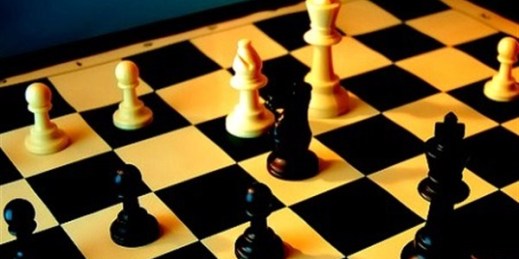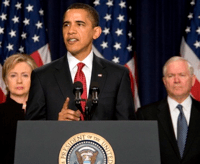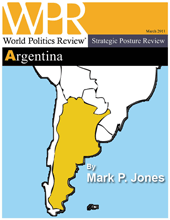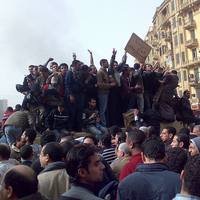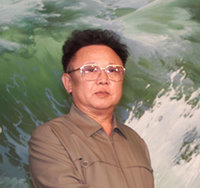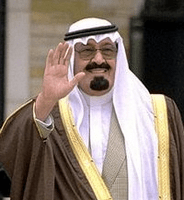
The opening acts of the 21st century have fundamentally challenged long-held notions of military power. The past decade has unveiled not only the disruptive power of terrorist groups with global reach, but also the ability of low-budget insurgent groups to directly confront the best military forces of the West — with surprising success. Moreover, recent revolutionary events across the Arab world have demonstrated the limits of military power when facing mass popular uprisings. Disorder, chaos and violent extremism seem on course to replace state-on-state violence as the most common forms of conflict in the new century. Given this new security […]

